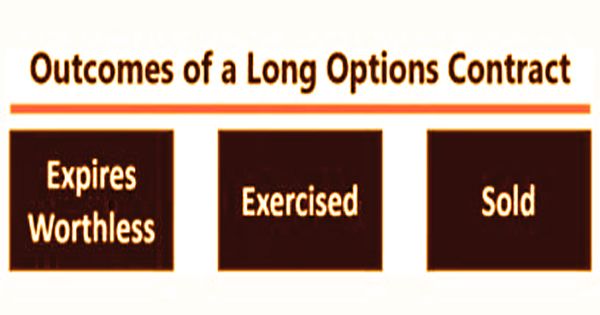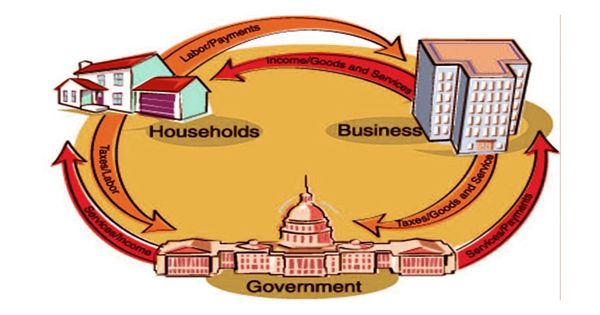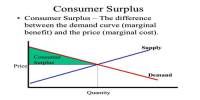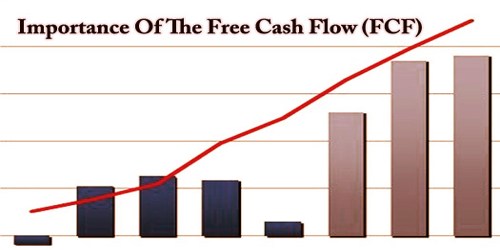The sell to close (STC) options trading order applies to closing out (selling) a long position in an options contract. STC means “Closing a position by Selling.” This is the same as buying and selling stocks. To trade out of an established location, we must close it. By closing a position, the position would at this point don’t exist in your record and the resultant benefit or misfortune would be figured it out. The dealer as of now claims the alternatives contract and by selling the agreement will close the position. Selling a long position or buying a short position are the two key ways to close an options position. When selling a long stake, the Sell to Close strategy is used.
Sell to close is a type of order that is used to close a long position that was started with a buy to open order. It is similar to buy to close and sell to open orders. It is often used in equity and fixed-income trading to denote a sale that closes an established long position, albeit less frequently. A long options contract has three possible outcomes:

- The options contract expires worthless: It happens when the underlying asset’s price expires below the strike price in long call options. It may also happen if the price of the underlying asset expires higher than the strike price.
- The options contract is exercised: It happens when the underlying asset’s price is higher than the strike price and the option is exercised in long call options. It may also happen if the price of the underlying asset is lower than the strike price when the option is exercised.
- The option contract is sold (sell to close) on the market before expiry: When an investor sells an option contract to close it, he or she is selling it to another market participant. A sell-to-close trade order will result in a benefit or loss for the investor, depending on the contract’s value at the time of execution.
In the event that a choice is out of the cash and will lapse useless, a broker may in any case decide to offer to near clear the position. At the point when we Sell to close (STC) an alternatives contract, we are really selling the choices gets that we own to a market creator to understand a benefit or misfortune. Dealers will regularly offer to narrow escape alternatives contracts they own when they presently don’t have any desire to stand firm on a long bullish foothold on the hidden resource. They offer to close put choices contracts they own when they at this point don’t have any desire to stand firm on a long bearish foothold on the fundamental resource.
The dilemma of whether to exercise an in-the-money options contract or sell to close is a common one. The value of the call option will fluctuate as the value of Company A rises and falls over time. The higher the estimation of the call alternative goes, the more productive it will turn into. Then again, the lower the estimation of the call alternative goes, the less beneficial it will turn into. In any case, those benefits, or misfortunes, might be acknowledged once the broker leaves the position utilizing an offer to close request.
In fact, most options traders prefer to sell rather than exercise an in-the-money option contract. The primary reasons being:
- To stop paying additional fees when purchasing the underlying asset and then selling it on the open market.
- To avoid the risk of spillage, which is described as obtaining a lower price for a stock sold on the open market than anticipated. Spillage is more likely when the underlying asset is volatile and has low volume.
- To keep the options contract’s extrinsic value. For the contract manager, exercising the options contract would only produce intrinsic value, while selling the options contract would generate both extrinsic and intrinsic value.
We would no longer benefit from more appreciation in the value of our options if we sell to close call options, because we will no longer be able to exercise them. The term “sell to close” refers to the closing out of a long position in an options contract. A long options contract can have three outcomes: it can expire worthless, be exercised, or be sold. Rather than exercising a long option contract, the majority of option holders chose to sell it.
Information Sources:
















